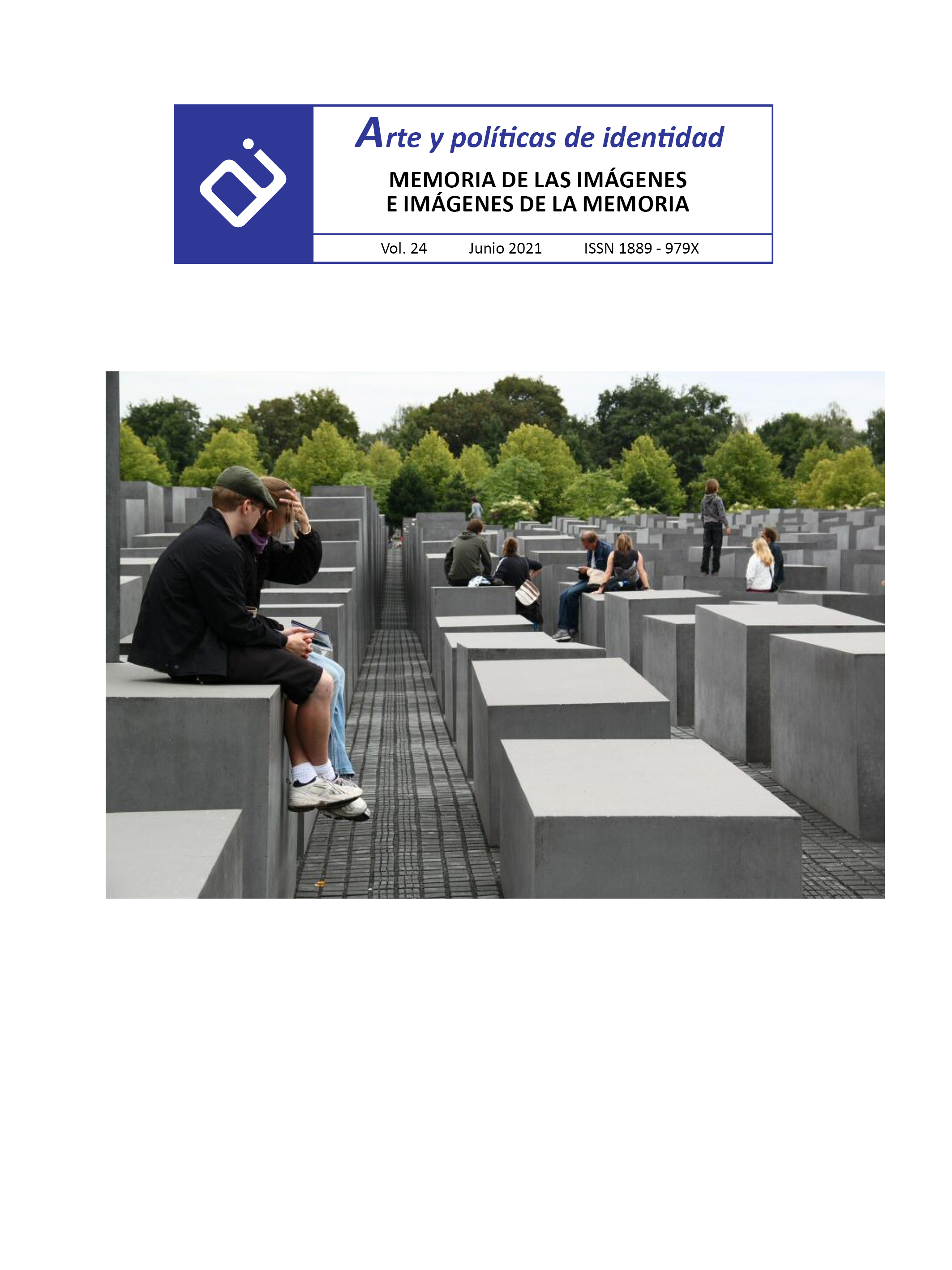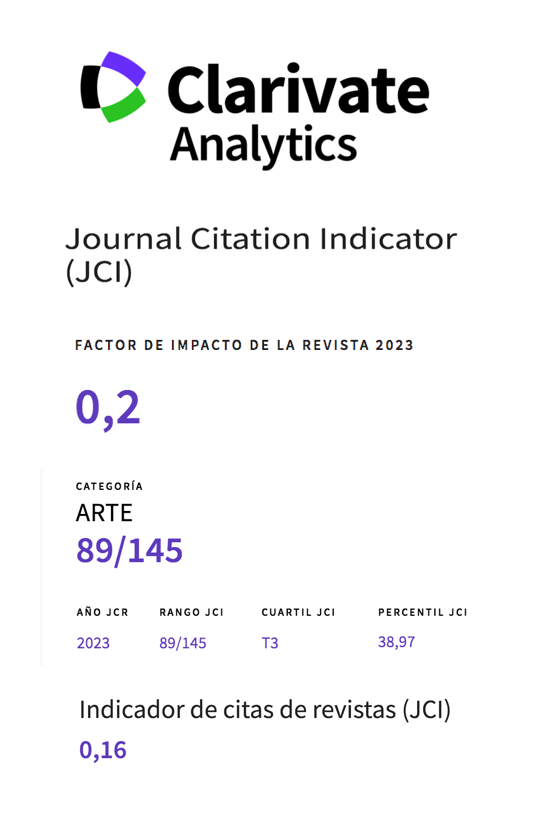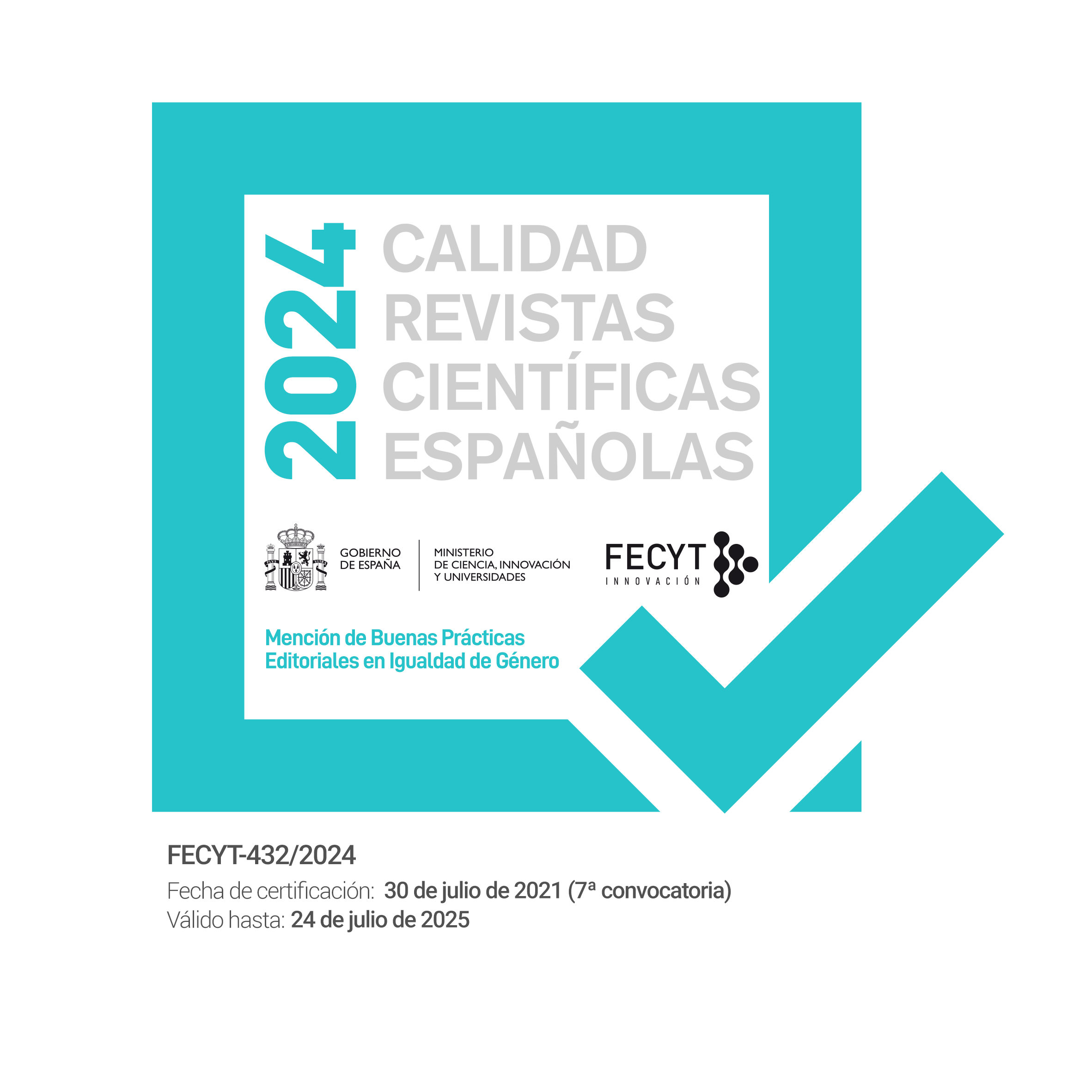Access to the past in a fast-paced-society
Abstract
After the warlike events that devastated the world during the 20th century, specifically, from 1980, interest and the theoretical approach on the past and memory increased. Starting from this, the question to be dealt with in the present work is: what characteristics does our present have and how this determines some forms of access to the past. To then ask ourselves about the relationship that is established with memorials, that is, to what extent the context or conditions of the subject mediate his relationship with memory.
Since the reflection on memory can be conditioned by the characteristics of our context: social acceleration. The approach that a subject belonging to the generations furthest away from what happened in the twentieth century may have differs greatly from the relationship that those who experienced the event or the consequences can have in a more immediate way. For this reason, we must ask ourselves: Have we - especially the younger generations - turned memory and knowledge into external objects to turn to and thus not carry the weight and be able to adapt to the current context? These objects that carry memory and knowledge, such as images, the internet, or memorials, etc. Are they only under a logic of immediate consumption? Or is it the most enhanced type of use? What relationship do we establish with the memorials? Monuments created in order to remember.
Downloads
-
Abstract598
-
pdf (Español (España))446
References
Allier Montaño, E. (2008). Los Lieux de mémoire: una propuesta historiográfica para el análisis de la memoria. Historia y Grafía, 31, 165-192.
Bauman, Z. (2002). Modernidad líquida. Buenos Aires, Argentina: Fondo de cultura y económica de Argentina.
Benéitez, R. (2011). El compromiso con lo real. Artes, “dobles” y realidad desde la theorein de Clément Rosset. En A. Bermejo Salar, S. Cayuela Sánchez, J.L. Egio García, V. Egio García, D.O. Martínez Arias, D. Soto Casrrasco y R. Teruel Díaz (eds.) Umbrales filosóficos. Posicionamiento y perspectivas del pensamiento contemporáneo. (p.281-305). Murcia, España: Universidad de Murcia.
Benjamin, W. (1989). Discursos interrumpidos I. Buenos Aires, Argentina: Taurus.
Bermejo Salar, A., Cayuela Sánchez, S., Egio García, J.L., Egio García, V., Martínez Arias, D. O., Soto Casrrasco, D. Teruel Díaz, R. (2011). Umbrales filosóficos. Posicionamiento y perspectivas del pensamiento contemporáneo. Murcia, España: Universidad de Murcia.
De Diego, E. (2005). Travesías por la incertidumbre. Barcelona, España: Seix Barral.
Debord, G. (2012). La sociedad del espectáculo. Valencia, España: Pre-Textos.
González Vázquez, D. y Font Agulló, J. (2016). La museización del patrimonio memorial transfronterizo: el caso del exilio republicano y sus espacios. Midas. Museus e Estudos Inerdisciplinares, 6, 1-16.
Han, B-C. (2016). El aroma del tiempo. Barcelona, España: Herder.
Han, B-C. (2017). La sociedad del cansancio. Barcelona, España: Herder.
Han, B-C. (2019). Buen entretenimiento. Barcelona, España: Herder.
Hirsch, M. (2012). La generación de la Posmemoria. Escritura y cultura visual después del holocausto. Madrid, España: Carpe Noctem.
Huyssen. A. (2007) En busca del futuro perdido. Buenos Aires, Argentina: Fondo de Cultura Económica de Argentina.
Maillard. C. (2011). Bélgica. Valencia, España: Pre-textos.
Marín, H. (2006), Muerte, Memoria y olvido. Thémata, 37, 310-319.
Martínez. A. (2011). Capitalizar la experiencia: mesianismo, capital y modernidad. En A. Bermejo Salar, S. Cayuela Sánchez, J.L. Egio García, V. Egio García, D.O. Martínez Arias, D. Soto Carrasco y R. Teruel Díaz (eds.) Umbrales filosóficos. Posicionamiento y perspectivas del pensamiento contemporáneo. (p.305-327). Murcia, España: Universidad de Murcia.
Rielgl, A. (2008). El culto moderno a los monumentos. Madrid, España: La Balsa de la Medusa.
Rosa, H. (2016). Alienación y aceleración. Madrid, España: Katz.
Rosa, H. (2019). Remedio a la aceleración. Ensayos sobre la resonancia. Barcelona, España: Ned ediciones.
Tafalla, M. (2003). Theodor W. Adorno una filosofía de la memoria. Barcelona, España: Herder.
Todorov, T. (2008). Los abusos de la memoria. Barcelona, España: Paidós.
Valero, V. (2017). Experiencia y Pobreza- Walter Benjamín en Ibiza. Cáceres, España: Periférica.
Vanegas Vásquez, O K. (2014). Los lugares de la memoria: espacios históricos de Ambalema y su representación en el imaginario social de las nuevas generaciones. Plumilla educativa, 14(2), 190-206.
Works published in this journal are subject to the following terms:
- The Service of Publications from the University of Murcia (publishing house) keeps the published works’ copyrights, and favors and allows the reuse of these works under the license indicated in point 2.
- Works are published in the journal’s online edition under the license Creative Commons Reconocimiento-NoComercial-SinObraDerivada 3.0 España(texto legal). They can be copied, used, disseminated, transmitted and publicly exhibited, as long as: i) the author and original source of publication are cited (journal, publishing house and work’s URL); ii) they are not used for commercial purposes; iii) the existence and specifications of this license are mentioned.
3. Conditions for auto-file. It is allowed and encouraged that authors share electronically their pre-print version (the pre-reviewed version) and /or post-print version (the reviewed and accepted version) of their Works before the publication, since it promotes its circulation and dissemination. RoMEO color: green.










